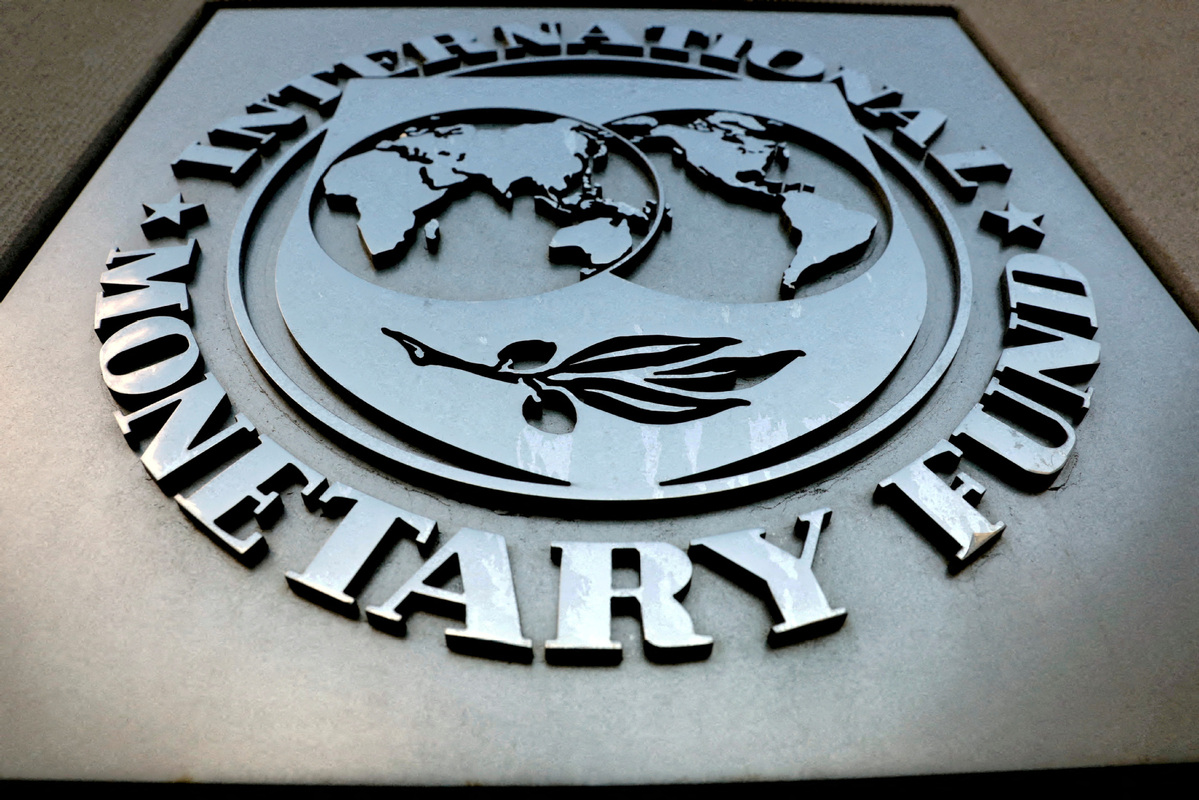IMF upgrades 2024 global growth forecast to 3.1%
Xinhua | Updated: 2024-01-30 21:24

WASHINGTON -- The International Monetary Fund (IMF) on Tuesday upgraded global growth forecast to 3.1 percent in 2024, 0.2 percentage point higher than the projection last October, according to its newly released World Economic Outlook (WEO) update.
The upward revision reflects upgrades for China, the United States, and large emerging markets and developing economies, the IMF noted.
Nevertheless, the projection for global growth in 2024 and 2025 is below the historical 2000-2019 annual average of 3.8 percent, reflecting restrictive monetary policies and withdrawal of fiscal support, as well as low underlying productivity growth, the IMF said.
"The global economy continues to display remarkable resilience, with inflation declining steadily and growth holding up, the chance of a soft landing has increased, but the pace of expansion remains low," IMF Chief Economist Pierre-Olivier Gourinchas said at a press conference in Johannesburg, South Africa.
Growth in China is projected at 4.6 percent in 2024, with an upward revision of 0.4 percentage point since the WEO in October. For the United States, growth is projected at 2.1 percent in 2024, 0.6 percentage point higher than the forecast in October. For Euro Area, growth is projected at 0.9 percent in 2024, 0.3 percentage point lower than the previous forecast.
The IMF noted that inflation is falling faster than expected in most regions, amidst unwinding supply-side issues and restrictive monetary policy. Gourinchas, however, warned that renewed geopolitical tensions, especially in the Middle East with increased attacks on ships in the Red Sea, could disrupt commodity and supply chains, which could spur global inflation.
The IMF chief economist also reiterated the cost of geo-economic fragmentation, noting that IMF research shows costs could range from 3 to 7 percent of world GDP, with emerging and developing countries to be the most adversely affected by trade distorting measures.
"Stronger growth could also come from limiting geo-economic fragmentation by for instance, removing the trade barriers that are impeding trade flows between different geopolitical blocs, including in low carbon technology products that are crucially needed by emerging and developing countries for the climate transition," Gourinchas said.
























